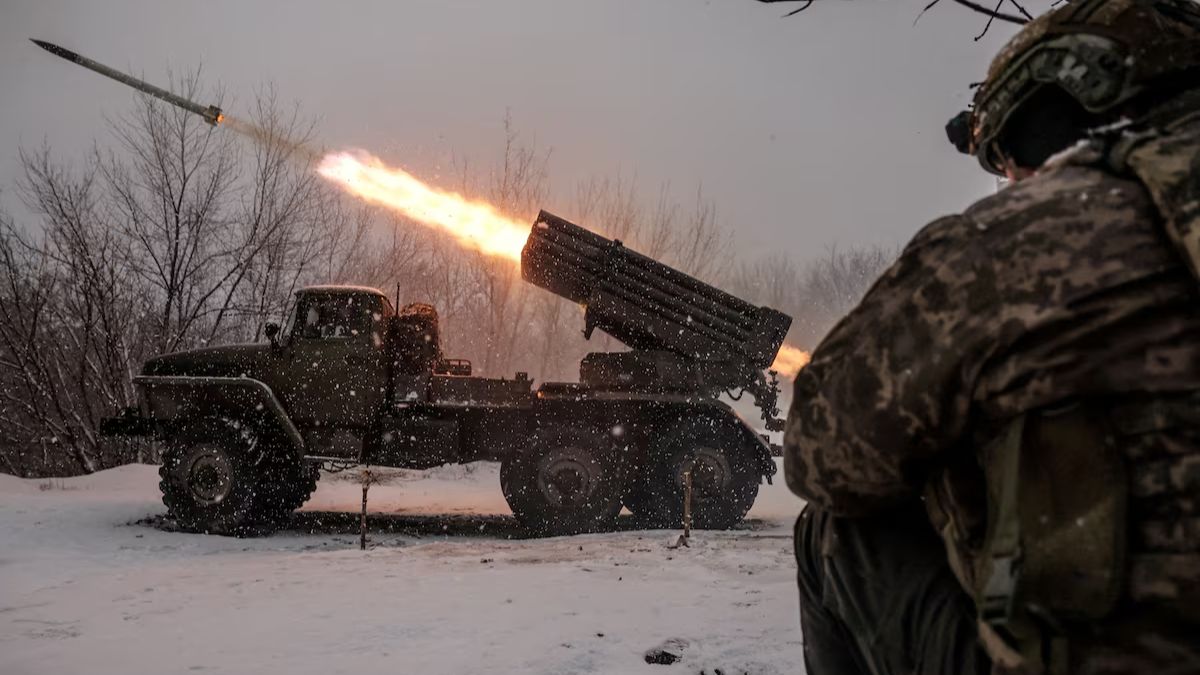Amid fears that Vladimir Putin wants to expand his aggression on Europe, Poland has planned to acquire a stake in a satellite company that has helped Ukraine in the war with Russia.
The satellite company Iceye, founded by CEO Rafał Modrzewski and his partner Pekka Laurila, has tracked Russian troop deployment. Ahead of the Russian invasion of Ukraine in February 2022, Iceye supplied Ukraine with images of Russian troop movements that helped plan the defences better.
The Financial Times has reported that Poland is in the final stages to acquire a stake in Iceye. The size of the stake has not been disclosed.
In recent years, particularly after the Russian invasion of Ukraine, satellite imagery and satellite internet have emerged highly strategic assets for nations. As most of these organisations are based in the United States, and European nations are no longer assured that President Donald Trump will allow European nations to maintain access to these companies. Notably, after the spat at the White House, the Trump administration blocked Ukraine from accessing Maxar.
From Arctic shipping to Ukraine war
Iceye was founded in 2014 to provide radar imagery of moving ice blocks to Arctic shipping companies.
However, as tensions raged in Europe as Russia prepared to invade Ukraine, Iceye pivoted to providing satellite imagery related to the war in Ukraine. It has now become a provider of military applications and is one of the many firms trying to capitalise on Trump dictating US firms’ dealings with European nations, such as Maxar or Starlink.
Impact Shorts
More ShortsModrzewski told the FT they set up Iceye with backing from Aalto University’s Center for Entrepreneurship when they were students and now want to expand its production capacity at least fourfold to meet surging demand for its satellites. They currently manufacture up to 25 satellites and raise it to 100-150 a year.
Poland will invest in the company via the country’s nation’s development bank and follows the defence ministry’s $230 million purchase in May of six satellites.
In recent years, as European nations have found their access to US-based tech giants’ blocked or disrupted by politics, they have sought to develop alternatives. At times, access to Elon Musk-owned Starlink has also been compromised because of politics. As a result, European nations have explored alternative satellite internet services providers.
)